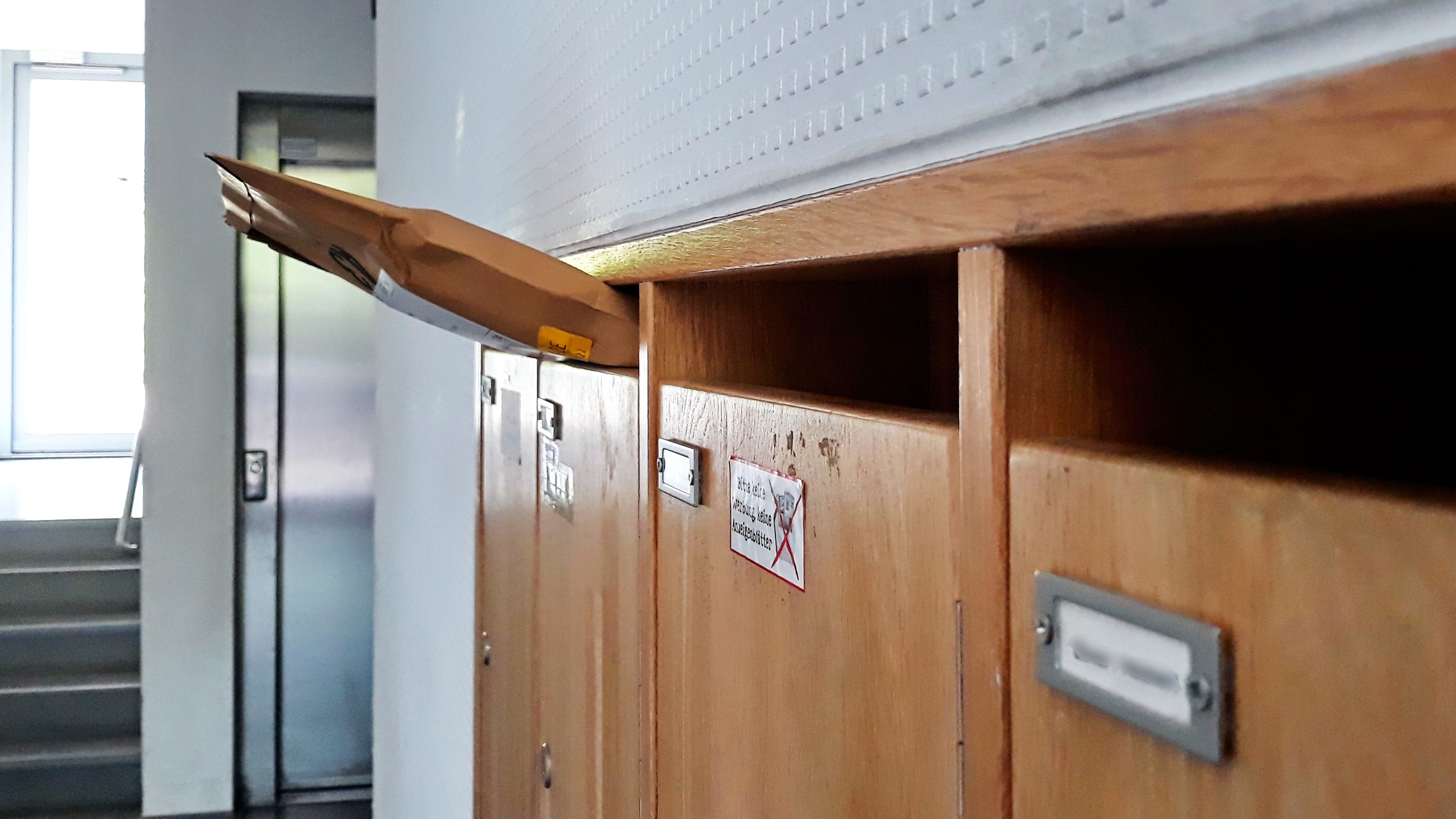Leading a zero-waste brand, company, association, etc. is amongst the latest approaches to take your business to the next level, ensuring its progress and success, while being environmentally responsible and protecting nature and life.
Environmental issues need immediate worldwide attention, new business law initiatives, emergency action, and change.
And unsurprisingly, poor waste management and control are amongst the major factors that impact the environment and are responsible for ecological concerns rapidly piling up over the last few decades.
The way we manage businesses and companies through production, consumption, and discarding materials further contributes to landfill issues and is a hot economic problem.
However, in recent years, the number of environment-friendly activists saving plastics, and sustainable demands is growing, and so does the pressure to improve waste disposal.
Zero Waste & Government Policies
In recent years, politics and policies look ever more at the history and future of the zero waste movement.
In the middle of 2021, a federal food waste reduction policy front was introduced to Congress in the face of the Zero Food Waste Act and the COMPOST Act. Introduced in 2019, both aim to invest billions in waste and dumpster facilities throughout the US, with guarantees spreading over a decade. Both infrastructure bills have strong support in both the private sector and nonprofits.
It was preceded by local policies, like the one in 2020, in Vermont, you have to compost food scraps and keep them out of the trash.
No better indication for businesses to establish a sustainable and eco-conscious mindset and aim to cut down waste, reducing the volume of by-products and non-reusable leftovers.

Besides significant benefits to the environment, going zero waste with a business actually adds up to success and government grants are yet to support it more. Zero-waste policies aim to not waste costs, while satisfying more consumers, for sustainable profit.
Any business can adopt zero-waste strategies and tactics, no matter its size or type.
Lawsuits Over Poor Waste Management & Practices
Just careful not to end up like Walmart, sued for misleading product labels by California’s Alameda County Superior Court for being false, misleading, and deceptive.
Also, Bed Bath & Beyond faced a hefty fine of 1.49 m for illegal hazardous waste, like batteries, electronic gear, combustible liquids, and other flammables, toxic by-products, and corrosive elements to local landfills breaking environmental laws.
In 2018, Cedar Grove Composting had to pay almost $800,000 in a lawsuit for causing a foul smell in local communities and promise an investment of $1.5 million. And that’s not the first time, as it is also fined by the Puget Sound Clean Air Agency.
What is a Zero-Waste Business, Exactly?
What defines a business as zero-waste?
An enterprise with a zero-waste business model is one that has its manufacture carried out without waste and toxic materials regularly.
Businesses with zero-waste policies have an important aim to conserve resources, reuse materials, and recycle scraps and residues in the process.
Moreover, green-oriented companies limit all toxic and harmful discharges in the environment. A zero-waste business takes every step to change necessary to be mindful and socially responsible.
In reality, organizations in the medical field strongly advocate health and safety standards and legal benefits, while industries, like shipping, need to change fast. When it comes to food, overfishing is just one of many sectors suffering from blind consumption.
Why Go Zero Waste with Your Business?
Implementing zero-waste policies in your business has a number of pros:
- Lawmakers and grants prioritize zero waste to zero pollution policies.
- Eco-friendly businesses can optimize operational costs of waste up to revenue.
- Zero waste companies face fewer regulatory complications or pay taxes regarding harmful waste generation and emissions.
- As a zero-waste company, a business brands and markets itself as “green” which adds up to the value of its products and entices more conscious customers. Proof of environment-conscious operating earns people’s trust in your products and sustains client loyalty.
- Mindful waste disposal can improve material flow and use, lowering production costs.
- Zero-waste policies aid businesses in gaining support from partners, local communities, investors, and more.
- Philanthropic campaigns earn people’s trust in your products and nourish client loyalty.
So, the ROI of investment in green-oriented activities for your business can have a significant impact on development and success, even more than established marketing strategies!
A Zero-Waste Business Transformation
There are several steps to achieve a zero-waste business. Hassle-Free Christmas Tree, a company that closed the circle of collection and recycling, thus effectively cutting waste near zero, is one example.
You have to assess, manage, standardize, plan, empower, and measure.
Assess Management & Control
A decent analysis of the current waste disposal stream is necessary to know where you begin from and to track future progress and results.
- First, start with identifying the sources, types, and volume of the waste generated by your enterprise.
- Check also how employees handle trash and other waste.
- Consider corporate practices to compare junk vs dumpster benefits.
- Determine whether there are enough recycling bins and if their positioning is effective. The places the bins are located are important for optimal waste diversion and results, as well.
- Opt-in for zero waste office transformations like current paper usage with video and identifying sources generating wastage.
For example, if a recycling bin is in a more inconvenient location compared to a trash bin, employees would still toss recyclables into the garbage.
The purpose of a detailed waste audit is to get a better understanding of the waste flow in your company and how the business generates it.
Assign a Waste Management Chief or Team
Depending on the size and type of your business, appoint a single worker or a team to administer the waste disposal stream in the company. They monitor current waste flow, define what goals are necessary for improvement, and generate and carry out plans for action.
If you have a medium or large business, a team of several employees is the choice to go with. Such teams prove 100% effective for enhancing commitment and communication.
Start with the Obvious and Gradually Go Bigger
Once you finish the waste audit, move to items, materials, and other waste you can handle right away.
- Discuss with employees what is regular trash and waste and what ways there are to reuse, recycle, and compost.
- It’s essential to check if any recyclable items or materials go to the garbage and divert them to adequate disposal.
- Another simple step to take for a greener business is to reduce energy consumption per state. Switch off lights when you don’t need them, shut down electronics when you close the office, switch to low-energy lighting systems, close windows and doors for efficient heating or cooling, and so on.
When you tackle the eco-oriented project this way, you will gradually shift from waste reduction to resource conservation, which is the ultimate goal of the zero-waste notion.
Set Zero-Waste Goals
It’s a fact that you don’t turn your business zero-waste in a day. It takes specific actions and certain actions take a specific amount of time to realize – sometimes months or years. For example, a common step to conscious business is ecological packaging, and it takes a few months to go into use. Bottling companies already aim to cut waste.
That’s why you need to set specific green-oriented goals and work on their accomplishment.
This helps you keep on track of how different processes towards zero waste are going, and thus get closer to as completely as possible being a “green” business.
Involve Employees
A company becomes environment-conscious when both you and your staff embrace the concept of zero waste and attempt to practice it.
In fact, engaging employees is crucial for the successful application of any new program in a business. Using multiple series of videos, HR can secure on-demand access to a plethora of information, training, and additional resources.
In real life, activities like planting trees, cleaning local polluted areas, clearing wild gardens, and helping communities in need are just a few of the noble causes needed throughout the planet. Upon each experience, there should be some form of incentive or reward for the most engaged workers.
Measures to Reduce & Prevent Waste
Last but not least, it’s time to review the zero-waste business operating from a more overall and complete perspective.
To ensure your company establishes itself and runs as zero-waste in the long term, you need strategies that shift your business from consuming to conserving, and take the necessary steps to fulfill that, comments professionals Junk Control & Hauling.
Your plans and actions should revolve around:
- Waste diversion.
- Waste reductions.
- Waste prevention.
Pillars of sustainable policies:
- Increase energy efficiency and reduce carbon footprint.
- Include reusable and recyclable packaging.
- Implement composting and anaerobic digestion.
- Redesign and reuse products and equipment.
State when there is recycled or natural content in your products because this promotes waste reduction, aids financial viability of recycling, and reduces the consumption of raw resources and materials.
Zero Waste Future & Business, Remarks
The environmental crisis is, unfortunately, nowhere near an end.
That’s why social awareness, consciousness, and action have a great role of importance. And why not take part in the “green” revolution, starting with your business?
Leading a zero-waste brand, company, association, etc. is amongst the latest approaches to take your business to the next level, ensuring its progress and success, while being environmentally responsible and protecting nature and life.


Join the conversation!